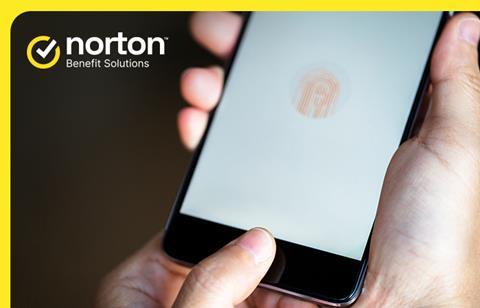
Privacy vs. security: Are they the same?
When it comes to privacy vs. security, it’s a good idea to have both. Each may impact your digital health.
Privacy relates to the rights you have to control your personal information and how it’s used. Security, on the other hand, refers to how your personal information is protected. Your data — different details about you — may live in a lot of places, making it a challenge to protect yourself in an increasingly connected world.
What’s the difference between privacy and security?
You might share personal information with your bank when you open a checking account. What happens after that? Here are three possible outcomes, all related to your personal information (not to the money you may have deposited in the checking account).
- Your privacy and security are maintained. The bank uses your information to open your account and provide you products and services. They go on to protect that data.
- Your privacy is compromised, and your security is maintained. A brand sells some of your information to a marketer. (You may have agreed to this in the websites privacy disclosure) The result? Your personal information is in more hands than you may have wanted.
- Both your privacy and security are compromised. The bank gets hit by a data breach. Cybercriminals penetrate a bank database, a security compromise. Your information is exposed and could be sold on the dark web. Your privacy is gone. You could become the victim of cyber fraud or identity theft.
Tips for protecting your privacy and security
It’s smart to do business with companies and organizations that value your privacy and take measures to protect your personal information. But there are things you can do, too, to help protect your privacy and boost your security.
Here are some examples:
- Limit what you share on social media and online in general.
- Shred important documents before tossing them in the trash.
- Safeguard your data and devices. This might include enlisting the help of computer virus protection and Wi-Fi protection.
- Understand how the information you’re giving away could be used. Read an organization’s privacy policy before signing up for an app or service. Remember, if the app or service is free, the company may make its money by selling your data.
Consider cyber security products that can help protect your privacy and security — sometimes at the same time. A VPN — a virtual private network is a security product that acts like a tunnel for your information and your activity on the internet, encrypting the data that you send or receive on your device.
A VPN helps you win in two ways:
- Privacy: It helps to prevent websites, internet browsers, media companies, and internet service providers from tracking your information and your browser history.
- Security: It helps protect you from others accessing your personal information and other sensitive data you access online.
Norton Benefit Solutions offers employee benefit plans that include a VPN, so employees’ privacy and security are protected.
Learn more on how to protect your privacy and security by visiting uk.Norton.com.
Norton Benefit Solutions offers a digital wellness benefit that helps empower employees with protection for their identity, devices, and online privacy.




